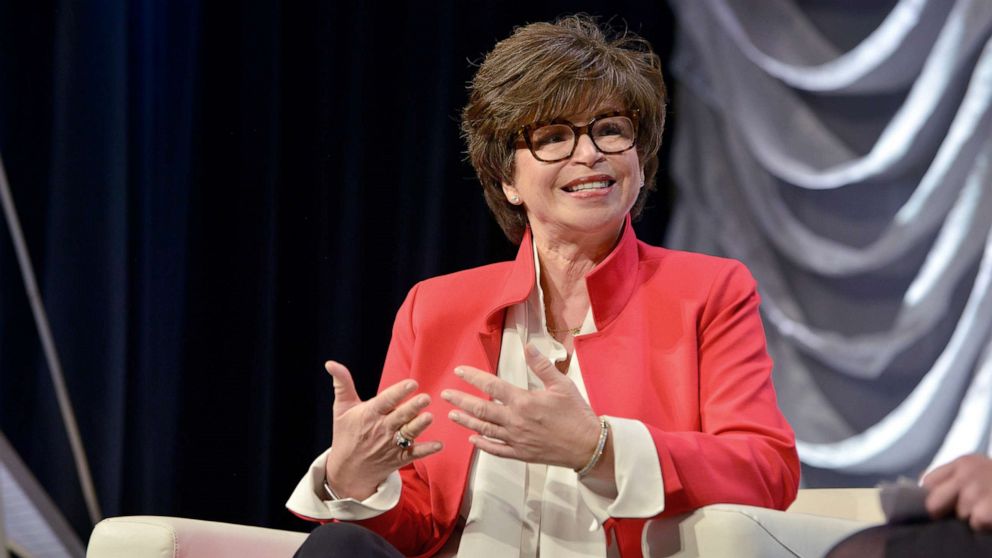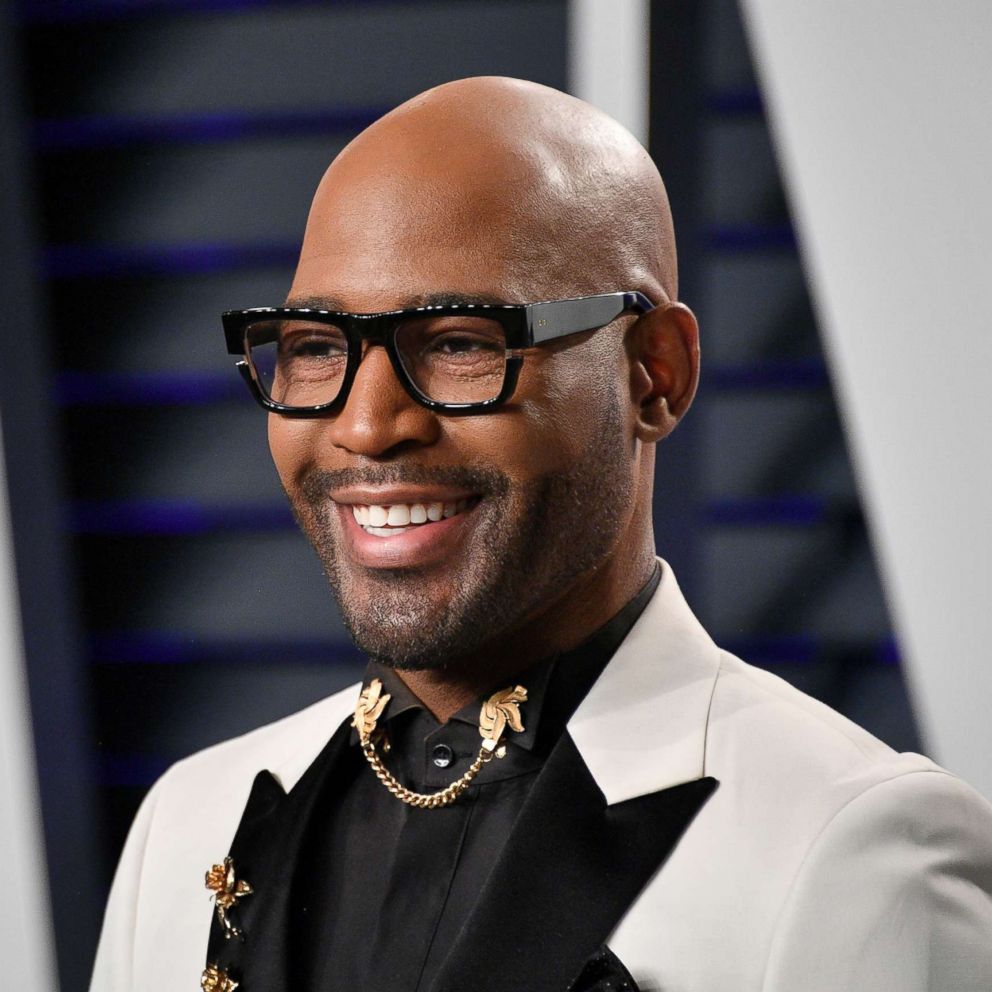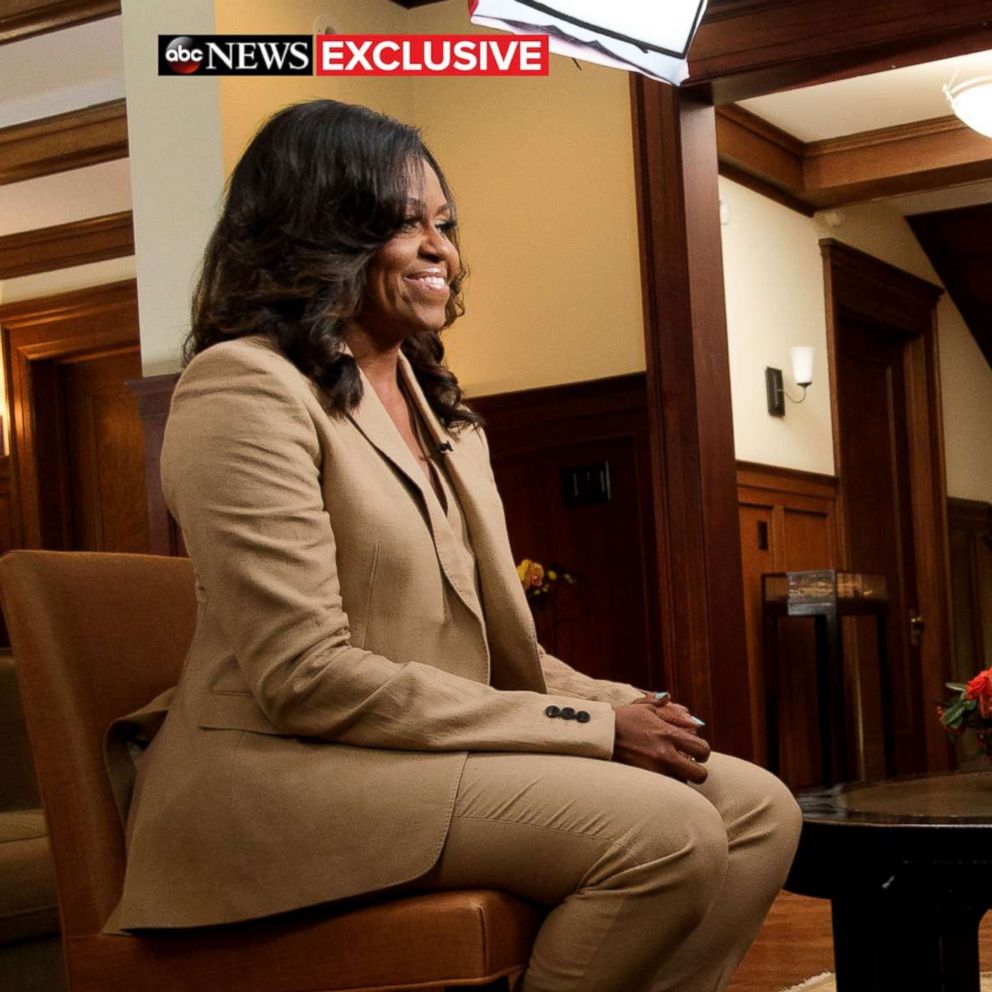On 'The View' and 'GMA': Former Obama adviser Valerie Jarrett on Joe Biden and finding her voice
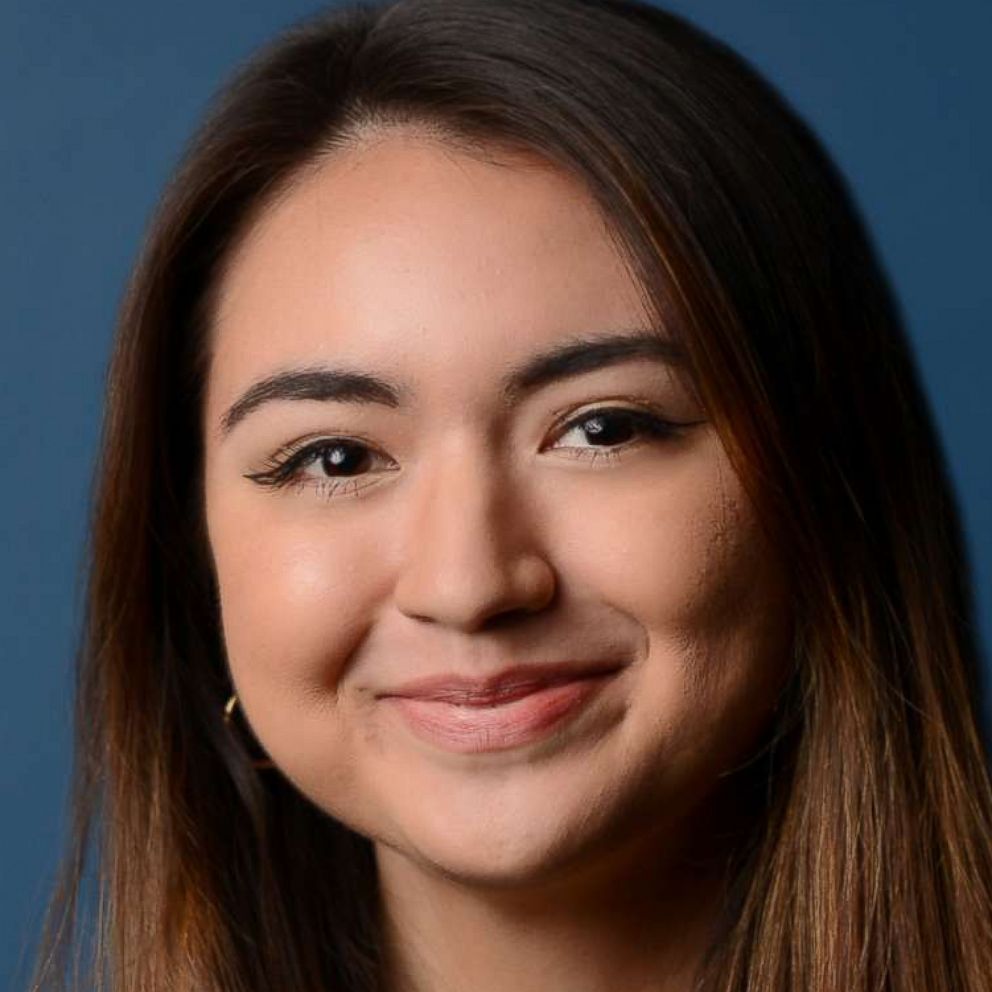
Valerie Jarrett, who was the longest-serving senior advisor to President Barack Obama, opened up on ABC's "Good Morning America" and then on "The View" about her views on the current political climate, the only time she met Donald Trump, and her advice for 2020 candidates, including Democratic hopeful former Vice President Joe Biden.
On "The View," Jarrett said Biden’s alleged behavior toward women should not preclude him from launching a presidential campaign. Two women have recently said that Biden acted inappropriately, kissing one woman on the back of the head in 2014, and touching another’s face with both hands and rubbing noses with her in 2009.
"You can make your case directly to the American people. Let him run. That's part of what being in a democracy is all about,” Jarrett said.
She said that Biden never made her feel uncomfortable in the eight years they worked together. But the real question, Jarrett said, is: “How is the person who it is directed at feeling?”
“When people say they’re uncomfortable, we need to take that to heart,” Jarrett said.
In an interview on "Good Morning America," Jarrett spoke about her journey -- from growing up in Iran as a little girl to becoming a single mom in Chicago to ending up at the White House -- that she's chronicled in her new memoir "Finding My Voice: My Journey to the West Wing and the Path Forward."
Jarrett recalled one of the best hires she ever made that changed the trajectory of her career, when she was working in the Chicago mayor's office and hired someone named "Michelle Robinson," who was "tall and elegant."
Soon, she met Robinson's fiance, a young Barack Obama, and a lifelong friendship began. "I worked very hard to work their trust," Jarrett said of her relationship with the Obamas.
Jarrett described the "political landscape today" as "depressing."
"I think tone does start at the top," she said. "We look to the President of the United States to be leader, to be a role model, particularly for young people. And ... some of the rhetoric has been profoundly disappointing and troubling to me."
She recalls the first and only time she met now-President Trump, during the White House Correspondents' Dinner in 2011, a time when she says he was "the driving force behind the birther controversy."
While her outlook on the current political climate is grim, Jarrett said she is "delighted with the field" of Democrats running for the Oval Office in 2020. "And I've offered my advice to anyone who has asked."
"I've encouraged them all to try to ... start to spend their time really focusing on what they believe in, you know, what's their vision for our country," she said.
Finally, if there is one thing Jarrett said she hopes people take away from her new memoir it is to "take some risks."
"Calculated risks, but risks nonetheless," she added. "And get outside of your comfort zone. I think there's nothing scarier than the thought of getting outside of what's familiar ... and straight. But there's nothing more exhilarating than that zig zag."
Read a preview of "Finding My Voice: My Journey to the West Wing and the Path Forward" below.
Preface
The summer sun reflecting off Lake Michigan caught my eye as I turned my chair toward the window. I was always drawn to the spectacular panoramic view of Chicago from the floor-to-ceiling window of my office on the seventy-ninth floor of the Sears Tower. Perhaps because I’d spent the first five years of my life living in a desert far away, I never took Lake Michigan for granted. It has always brought me peace and tranquillity. The best part of my daily commute to work was driving downtown, heading north from South Kenwood along the five-mile stretch of the lake’s shoreline. I love water. And the sun. In the summer, at our family dinners that my ninety-year-old mom still hosts every Sunday, my cousins say, “There she goes again,” when I keep moving my chair so that I’m directly in the sun, chasing its warmth until the day’s last rays sink behind our home.
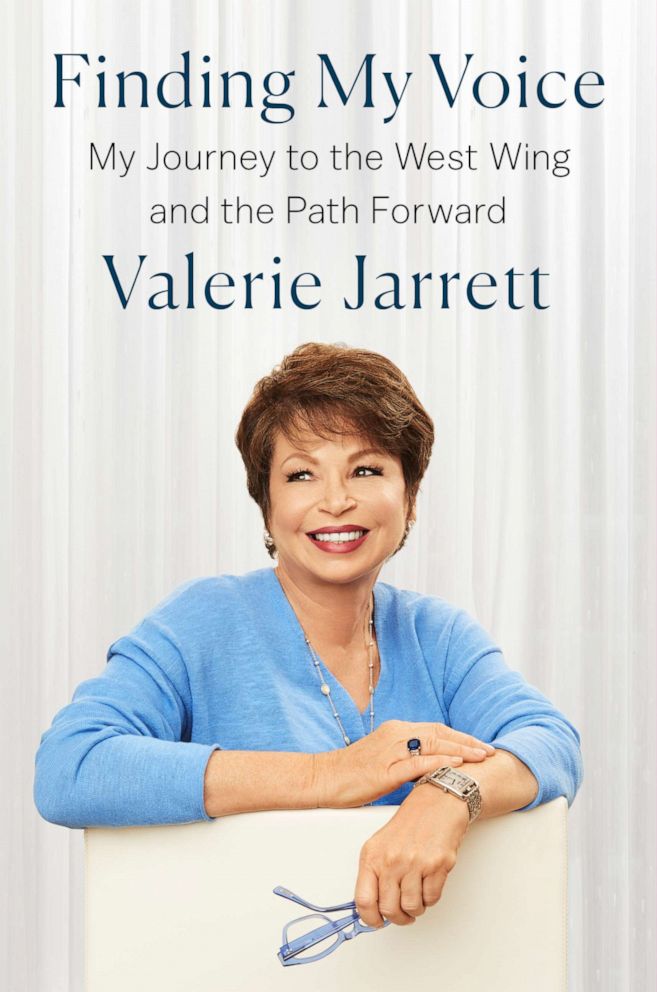
But on this particular afternoon in the summer of 1987, the gorgeous sunshine and vast waters dotted with bobbling white sailboats did nothing to improve my mood. I’d turned my back to the office door, hoping that nobody would catch me crying. “Never cry at work” was one of my many cardinal rules. And yet here I was.
Who was I in that moment? Well, most important, I was a mom. From the moment twenty months earlier when the doctor announced, “It’s a girl!” and placed her perfect little brown body on my chest, Laura, named after both my grandmother and my husband’s, had become the center of my universe. I’d had no idea I was capable of such unconditional love.
I had also essentially been a single mom since seven months after Laura’s birth. My husband chose to move to Michigan to complete his medical residency, leaving our marriage dangling by a thread.
I was also a daughter—the only child of two parents who loved each other and me unconditionally and showed me by their example, and our family legacy, the value of commitment, hard work, and excellence.
And I was a lawyer. The first in my family. My position as an associate at a high-powered corporate law firm had made my parents so proud, and I was the envy of many.
Ten years earlier I had ambitiously created a plan for my life based on a need for order and direction. I had this notion that by sheer force of will I could drive my life in a rigid linear path, and that it was somehow a sign of strength if I had the self-control to never waver from my intended course.
Law school, work, marriage, baby, bliss. I’d pursued my plan with the single-mindedness of purpose that I’d had since I was a child. I thought it would deliver happiness. And from a distance it might have looked like the perfect life. But as my plans were crumbling around me, I was now sure of just one thing: I was miserable.
My own mother had been a professional working mom, well before it was common to do so—a passionate educator who managed to pour her energies into raising me and taking care of my dad while also establishing a world-class child development research institute. And she always seemed so competent and fully prepared for the everyday challenges—so adept at what I now recognize was a mighty juggle. I’d never questioned that I myself would someday be a happily married, successful working mom.
I am a morning person, so normally I’m unable to stay awake past 10 p.m. But after my husband, Bobby, moved away, I found myself wide awake at midnight, 1 a.m., 2 a.m. I was twenty-nine years old and terrified to be alone. I found myself popping into Laura’s bedroom multiple times a night to make sure she was OK. Being singularly responsible for my precious baby was unexpected, overwhelming, and not a part of my plan.
So on that gorgeous summer day, the reality slowly crept in that my marriage bore no resemblance to the perfect one of my parents. They had each been the other’s best friend and, other than an occasional business trip, they never chose to spend a night apart.
Alma Brown, Laura’s sitter, a tall black woman twenty years my senior whose face showed wrinkles from both laughter and hardship, walked in my front door at 8 a.m. sharp every morning, radiating the casual confidence that comes from decades of caregiving. I’d exit the apartment quickly and then linger outside the door waiting for Laura to stop crying, which, no doubt because of Mrs. Brown’s expert and loving touch, took only a minute. But my heartache from our separation stayed with me from the minute I closed that door until I opened it again in the evening. I awoke every morning (feeling like it had been only minutes since I patted Laura to sleep the night before) with the sole goal of getting myself home as soon as I could. My workday had become a strict exercise in efficiency. Social meals, phone calls with my friends, and even occasional watercooler conversations had all been abandoned.
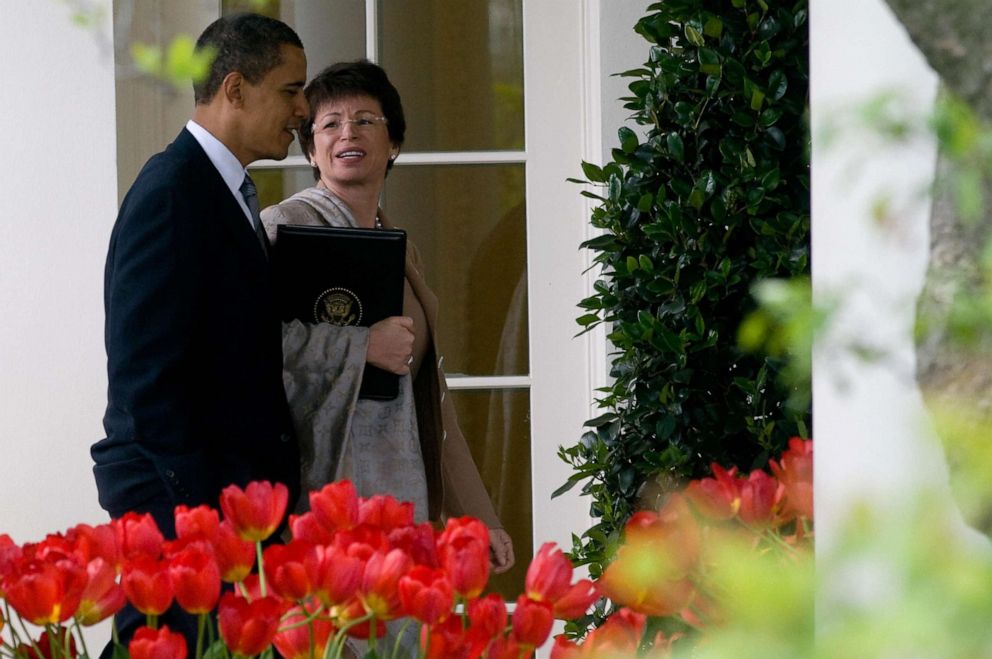
The ache made it hard to focus. Walking into my office, I’d find my unfilled time sheets from the day before on the top of my large to-do pile. Lawyers bill their clients by time, each day parsed into six-minute increments and recorded on a time sheet to be tallied up by the billing department. That’s how the firm made money. But instead of carefully logging my hours, I’d sit there each morning sipping my third cup of coffee (I always gulped down two before leaving home) and wondering what it was I’d done the previous day. With neither head nor heart in the work, I always ended up tallying myself short. After nine hours at my desk, I often produced only four billable hours. And the work I had done was mediocre. I was not good at my job. The soft voice inside me kept telling me that I needed to change my life, but it’s hard to listen to your voice if you don’t trust it.
Over the span of the next thirty years, my career took what many would think was a zigzag, not a trajectory upward. Some might call it a step down to go into city government, but I did it, as a staff lawyer, and then rose to be a cabinet member for a mayor. I would be a CEO and a board chair to several organizations and always looked for ways to ad- vocate for equality and civic engagement. Those experiences each pre- pared me to spend eight years in President Obama’s White House, where I was the longest-serving senior advisor to any president in history. All while I raised Laura as a single mom, marveling at how she found her own confident voice, had the courage to also change careers in pursuit of her passion, and had the good sense to marry a man who reminds me of my dad.
People assume I always knew where I was going and the path I would take, but the truth is, for a long time, I knew neither.
What follows is the story of how I found my voice and learned to trust it—a voice that went from barely audible, even to me, to one I hope has been a catalyst for change, and has been a source of strength and empowerment for others. My journey has been exhilarating, challenging, and yes, at times, very painful, but what an adventure!
From "Finding My Voice" by Valerie Jarrett, published by Viking, an imprint of Penguin Publishing Group, a division of Penguin Random House, LLC. Copyright © 2019 by Embarcadero LLC.
ABC News' Annika Merrilees contibuted to this report.
